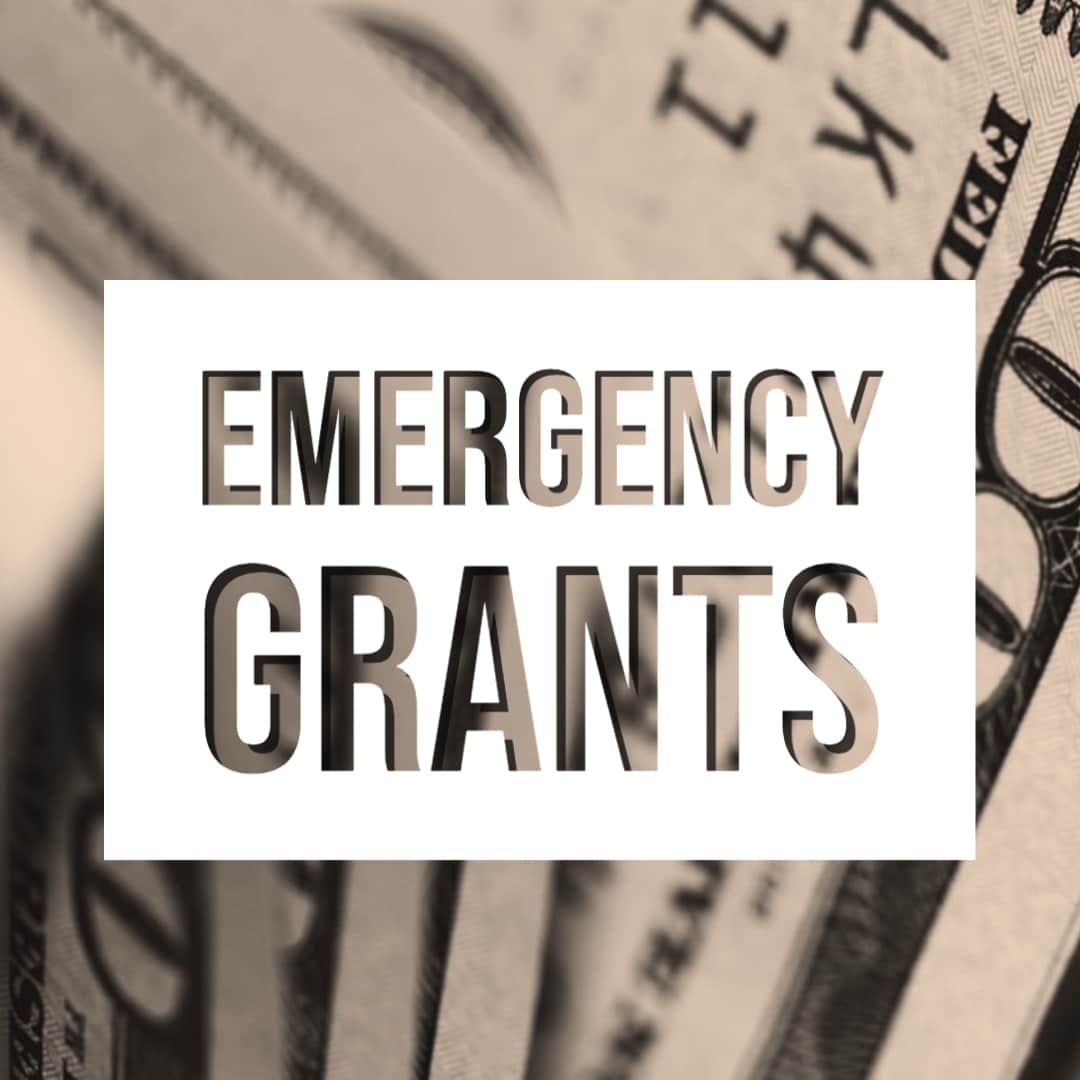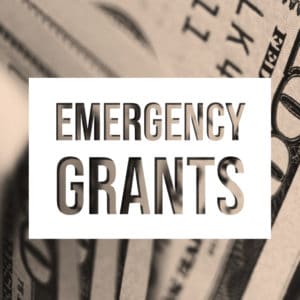
Maryland Humanities CARES Act Emergency Relief Grants
 Applications Open May 1
Applications Open May 1
Maryland Humanities is accepting applications to its $500,000 CARES Act Emergency Relief Grants Fund. The funding is made available by the National Endowment for the Humanities as part of the CARES Act.
The goal of this new program is to sustain Maryland’s public humanities infrastructure and to ensure that organizations can continue to provide opportunities for Maryland’s diverse communities to access and engage with public history, cultural heritage, and civic learning during this unprecedented time.
Grants will support nonprofit general operating expenses. Eligible nonprofit organizations include: museums, historic sites, preservation & historical societies, and community & cultural organizations with a significant humanities focus. All grant awards will be for the same amount and a minimum of 50 and a maximum of 100 grants will be awarded; therefore, the minimum grant award will be $5,000 and the maximum grant award will be $10,000. These grants are funded by the National Endowment for the Humanities as part of the Coronavirus Aid, Relief, and Economic Security (CARES) Act economic stabilization plan appropriated by the U.S. Congress.
General Information
- No matching funds are required.
- Grants will be available to non-profit organizations located in Maryland that provide humanities programming as a significant part of their mission and that are facing financial hardship due to COVID-19.
- Grants are available for general operating expenses only. These include expenses such as salaries, rent, utilities, supplies, and equipment. Organizations seeking humanities programming support should apply for Maryland Humanities’ Mini or Major grants.
Process
Grant Timeline:
Application Opens: May 1, 2020
Application Deadline: May 11, 2020 – 11:59 P.M. (up to 125 applications will be accepted)
Award Date: May 30, 2020
Eligibility Criteria
To be eligible for a Maryland Humanities CARES Act Grant, an organization must:
- Offer humanities programming to Marylanders as a significant part of its mission. The humanities include disciplines such as history, literature, film studies, art criticism, and philosophy.
- Be physically located in Maryland and have Maryland residents as its primary audience
- Have a maximum total annual budget of $300,000
- Be experiencing or expect to experience financial hardship due to the effects of COVID-19. (Examples include, but are not limited to, staffing cutbacks or reduction in work hours, suspension of programming or activities, or loss of revenue)
- Obtain and retain a Data Universal Numbering System (DUNS) number from Dun and Bradstreet, Inc. (D&B), which uniquely identifies business entities. A DUNS number may be obtained from D&B by telephone at 866.705.5711 or by clicking here to register online or to look up your organization’s number.
Those not eligible for funding include:
- Individuals
- For-profit organizations
- Organizations with annual operating budgets of more than $300,000
- Organizations solely focused on the arts
- Political or Advocacy Organizations
- Government agencies and libraries
- Universities, colleges, and academic departments
- K-12 institutions
Restrictions
Activities not supported by this grant include:
- Promotion of a particular political religious, or ideological point of view
- Advocacy of a particular program of social or political action
- Support of specific public policies or legislation
- Lobbying
- Purchase of land or facilities, construction, or renovation
Funding Priorities
- General operating support for humanities, heritage, and cultural organizations that have been financially impacted by COVID-19
- Support organizations throughout all regions of the state
The mission of Maryland Humanities is to create and support educational experiences in the humanities that inspire all Marylanders to embrace lifelong learning, exchange ideas openly, and enrich their communities.

